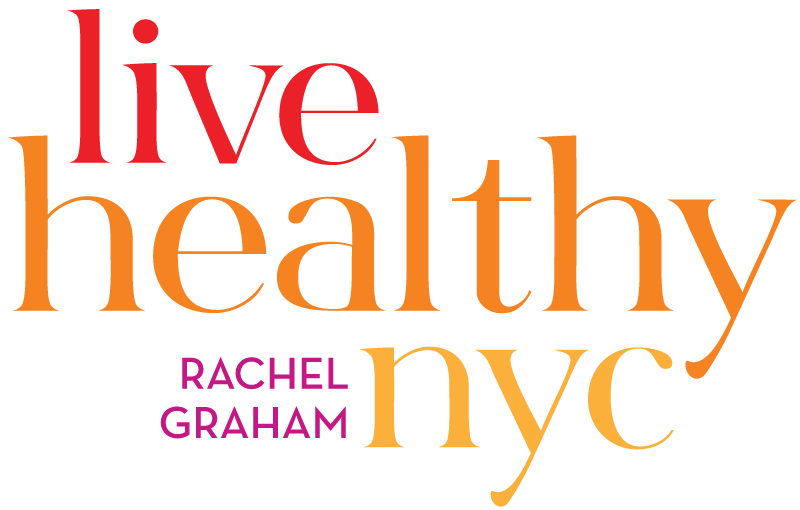Everyday I hear about a new diet that people are on, I find it hard to know what is the best one for weight loss. Actually, that’s not true- I know better! The best one to follow is to have a regular exercise program that you like to do daily, eat a balanced diet that consists of real whole foods that aren’t processed and to stay hydrated by drinking water and to get a good amount of rest (those zzz’s are very important).
But, let me tell you about the latest fad that people are on- actually, it’s been around for a long time (from body builders to treating patients who have epilepsy). But, somehow what’s old is new again. It’s called the “Keto” diet.
The keto diet is an eating plan that consists of 80 percent fat and little to no carbohydrates. Staples of the keto diet are fish, meat, eggs, dairy, oils, and green vegetables. Pasta, rice and other grains, potatoes, and fruits are strictly prohibited. Not so bad, right? I mean who wouldn’t want to eat whipped cream, mayonnaise, butter, and cheese? Keto works by changing the way the body turns food into energy. Typically, during digestion, we break down carbohydrates into molecules of fructose, galactose, and glucose which serves as the body’s primary source of energy. When the body can’t draw it from carbohydrates it looks for other forms of energy. The keto diet deliberately places the body in a state of ketosis, where fat is released from cells and turned into ketones, the body’s plan B for energy production.
Should you try this type of eating? Will you lose weight if you go on this type of diet? At first, yes. In the early weeks of the diet, you’ll drop a noticeable number of pounds while eating a satisfying amount of food (the fat that you eat will leave you feeling full). But, really, this type of weight loss is not sustainable. It’s mainly water weight. And, I believe that if you really want to try the keto diet, it’s important to talk to your doctor first about your body’s nutrient needs, your cholesterol levels, and your risk of heart disease. For a diet that has this dramatic an effect on the inner workings of your body, best to equip yourself with advice of a medical professional. Personally, it’s not my thing. For anyone with a history of disordered eating it’s so restrictive that it interferes with daily interactions with food and a person’s relationship with food. It’s counterintuitive to mindful eating.
For information as to how to eat healthy, contact me at rachel@livehealthynyc.com

